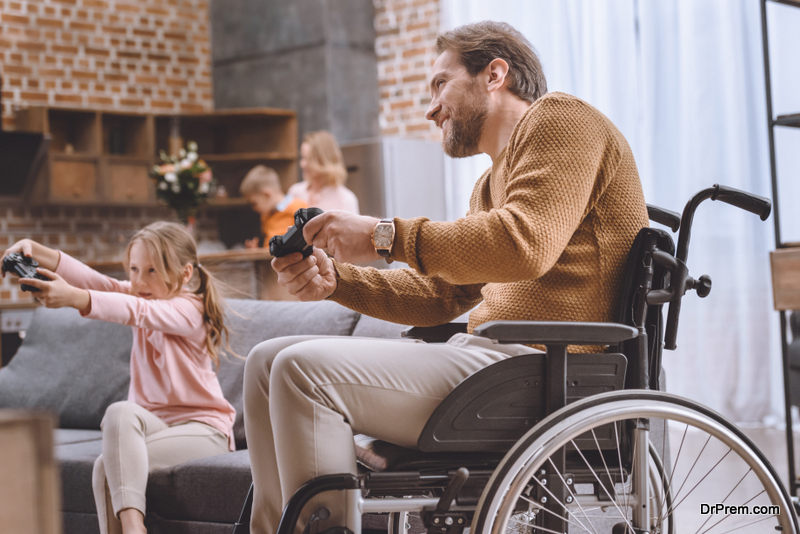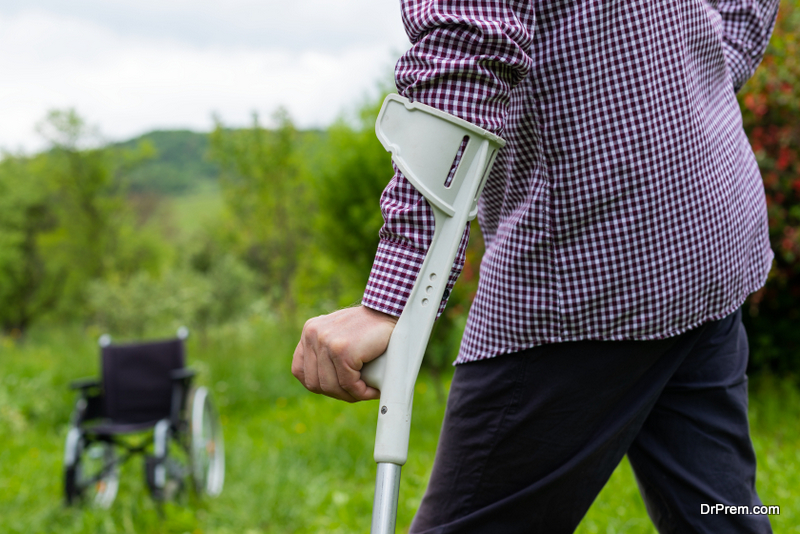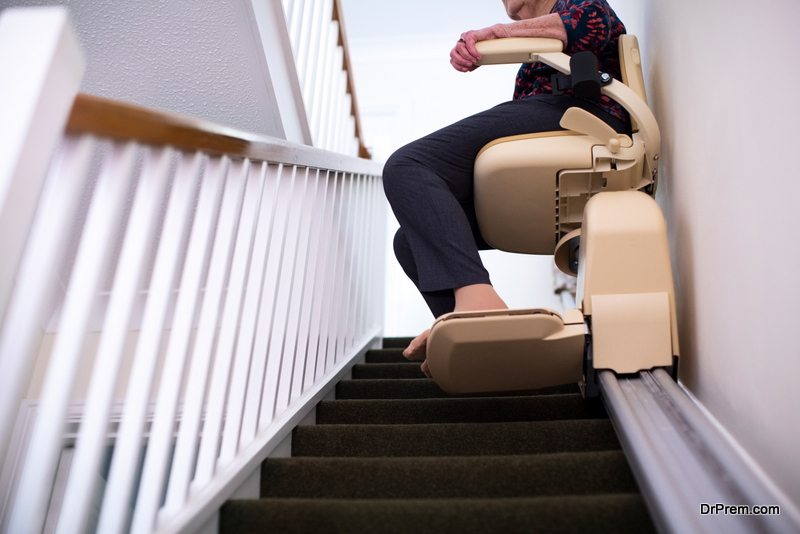Since ages, disabled people have either romanticized, pitied, or shunned by the society for their disability. In films, literature and other forms of media, disabled people are either a beacon of hope for fighting all odds to succeed in life, or an epitome of helplessness since they are doomed to live in pain, agony and isolation.
But when was the last time we looked at a disabled person as a normal human being, who’s just like us?
In this article, we break down multiple disability stereotypes that perpetuate within the society we live in. Below, we silence myths about disability so that non-disabled people can finally understand disabled people’s world and become aware of what they want you to know.
1. A disabled person is a sick person
 We often tend to look at disability as a sickness – in fact, in some cultures around the world, disability is looked at as a karmic punishment for the sins committed in past lives.
We often tend to look at disability as a sickness – in fact, in some cultures around the world, disability is looked at as a karmic punishment for the sins committed in past lives.
The truth is, disability isn’t a sickness. It is as natural as birth and death. Disabled people only have more need of support and guidance than non-disabled people (sometimes, they don’t even need that).
It’s not a sin, taboo or mistake to be born with disability or suffer from disability due to an accident. Disabled people are normal humans.
2. Disability equals poor standards of living
Society often looks at disabled people as someone with a poor quality of life. People tend to believe that disabled ones in the society are doomed to suffer since their disability becomes an obstacle on the path of happiness and success.
Here’s the thing – we, as a society, have failed disabled people by neglecting their needs and building an inaccessible infrastructure for them. If we notice this big gap, and do something to close it, disabled people will have a great quality of life and access to better options in life.
3. Disabled people require expensive assistive devices to function
 Okay, if this is what you think, it’s time to stop in your tracks and understand what is considered to be a disability. Once you will understand that disability is not abnormal or strange, you will realize that disabled people do not need expensive aids or assistive devices to get through their day-to-day lives.
Okay, if this is what you think, it’s time to stop in your tracks and understand what is considered to be a disability. Once you will understand that disability is not abnormal or strange, you will realize that disabled people do not need expensive aids or assistive devices to get through their day-to-day lives.
In fact, most of the services or devices are neither hi-tech nor expensive. They are simple, affordable aids that help the disabled to manage disability smoothly. A thorough research on the same will help you eliminate this stereotype about disabled people.
4. Disabled people must be pitied or romanticized/glamorized
When we look at disability, we tend to react in extremes. We either pity the person with disability, overcompensate the interaction by making them feel helpless; or we romanticize or glamorize the entire thing by applauding them for being able to live life like a ‘normal person’.
What we fail to see is that disabled people don’t view their disability as a curse or a form of suffering. When they have accessible infrastructure, disabled people can live their lives normally, and disability isn’t an obstacle anymore.
Moreover, disabled people do not consider themselves as brave, heroic, or amazing just because they can carry out their routine activities like a normal person does – so applauding for them only reflects where we, as a society, are falling short of providing them the freedom and the right to live life as usual.
On a final note, we must identify and eliminate stereotypes about disabled people and look at them as who they really are – individual humans with individual needs. Nothing less. Nothing more.
Article Submitted By Community Writer




